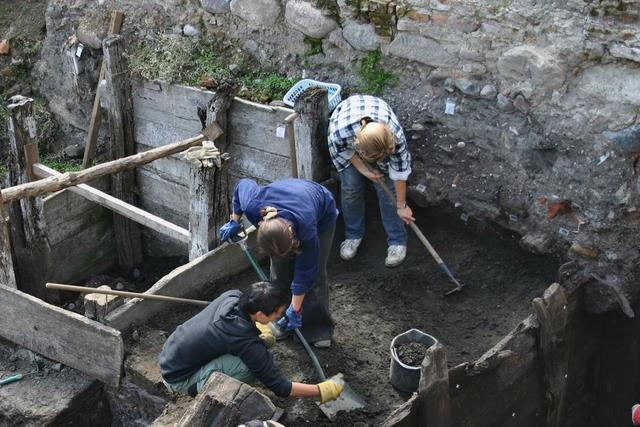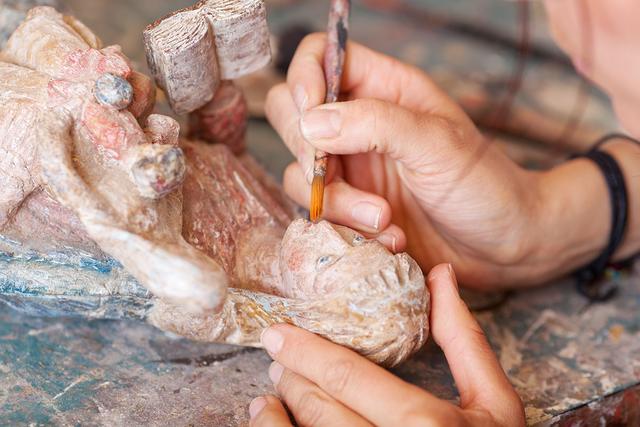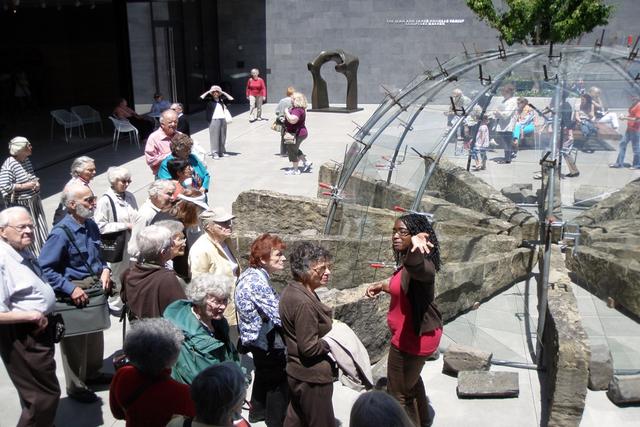Anthropologists
Overview

Introduction
Anthropologists study the origin and evolution of humans from a scientific point of view, focusing on the ways of life, physical characteristics, languages, values, customs, and social patterns of people in various parts of the world. According to the Occupational Outlook Handbook, anthropologists and archeologists, who study evidence and artifacts from past human cultures, hold about 5,030 jobs in the United States.
Quick Facts
Median Salary
Employment Prospects
Minimum Education Level
Experience
Skills
Personality Traits
Earnings
The U.S. Department of Labor (DOL) reports that the median annual salary for anthropologists and archeologists was $93,650 in May 2023. Entry-level salaries were $51,980 or less, while the most experienced workers earned more than $172,180.
According to the DOL, college and university anthropology professors earned salaries that ranged from less than $49,440 to $182,710 or more in May 20...
Work Environment
The majority of anthropologists are employed by colleges and universities and, as such, have good working conditions, although fieldwork may require extensive travel and difficult living conditions. Educational facilities are normally clean, well lighted, and ventilated.
Anthropologists work about 40 hours a week, and the hours may be irregular. Physical strength and stamina is necessary...
Outlook
Employment of anthropologists is predicted to increase by 4 percent through 2032, according to the U.S. Department of Labor, about as fast as the average for all careers. Most new jobs arising in the near future will be nonteaching positions in consulting firms, research institutes, corporations, and federal, state, and local government agencies. Employment opportunities for anthropologists may...








































